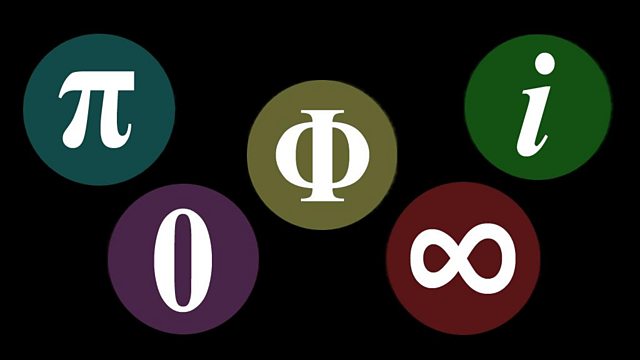At its simplest, Pi is the ratio of the circumference of a circle to its diameter. It is also an irrational number that has a random decimal string of infinite length.
As Simple as Pi
Most people's first slice of Pi is at school where it is generally made palatable as either 3.14 or the fraction 3 1/7. The memory of this number may be fuzzy for those propelled through their Maths GCSE by the power of Casio (where Pi was reduced to a button on the bottom row of the calculator), but the likelihood is they still recall that romanticised notion of a number whose decimal places randomly go on forever. At its simplest, Pi is the ratio of the circumference of a circle to its diameter. At its most complex, it is an irrational number that cannot be expressed as the ratio of two whole numbers and has an apparently random decimal string of infinite length.
However, Pi's very 'irrationality' makes it a prime candidate for simplification, especially given its useful nature. Wouldn't it be great if Pi was a simple short decimal? No more need for that dodgy button on your Casio. It was one such attempt at legalised reform that amounted to a Pi in the face for the Indiana State Legislature. In 1897 Edwin J. Goodwin, a sometime crank mathematician, approached his State Representative with an interesting proposition. Goodwin had drafted a self-styled 'New mathematical truth' which amongst other oddities claimed that Pi was 3.2, which is not even accurate to one decimal place. Moreover, Goodwin wanted to charge a royalty to anyone who used his Pi, but if the State legally recognised it, then he would exempt all Indiana textbooks from paying the royalty.
He based much of his theory on that hoary chestnut of squaring a circle (using a compass and ruler to find a square with equal area to a given circle). Ironically, it had only been 15 years since Ferdinand Lindemann had proved that circles cannot be squared in such a manner. Goodwin may have been ignorant of this glitch in his theorising, but so were the Representatives of the Lower House who passed the bill unanimously.
Fortunately C.A. Waldo, professor of mathematics at Purdue University happened to be in the House on the day of the bill's reading. When invited to meet Goodwin, Waldo replied that he was already 'acquainted with as many crazy people as he cared to know.' Waldo's timely intervention spared the State Senate any further blushes upon the bill's presentation to the Upper House. The Senators, suitably primed by Waldo, peppered its reading with derision and bad puns. After a half-hour of taxpayer sanctioned frivolity it was decided to move for the indefinite postponement of the bill.
Last on
More episodes
Previous
Broadcast
- Tue 12 Mar 2002 15:45成人论坛 Radio 4
Featured in...
![]()
Mathematics
A selection of number crunching programmes from the Radio 4 Archive.


